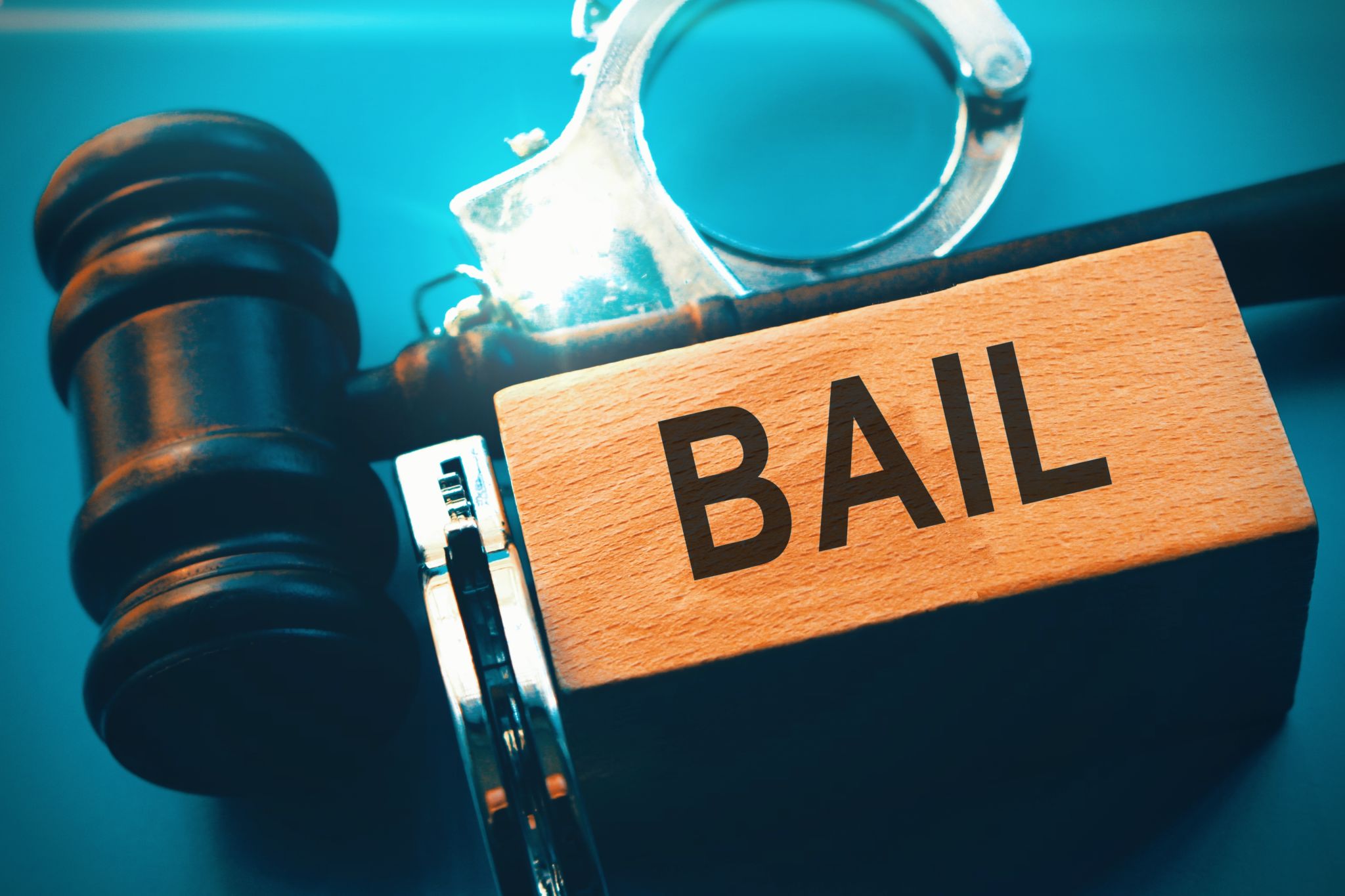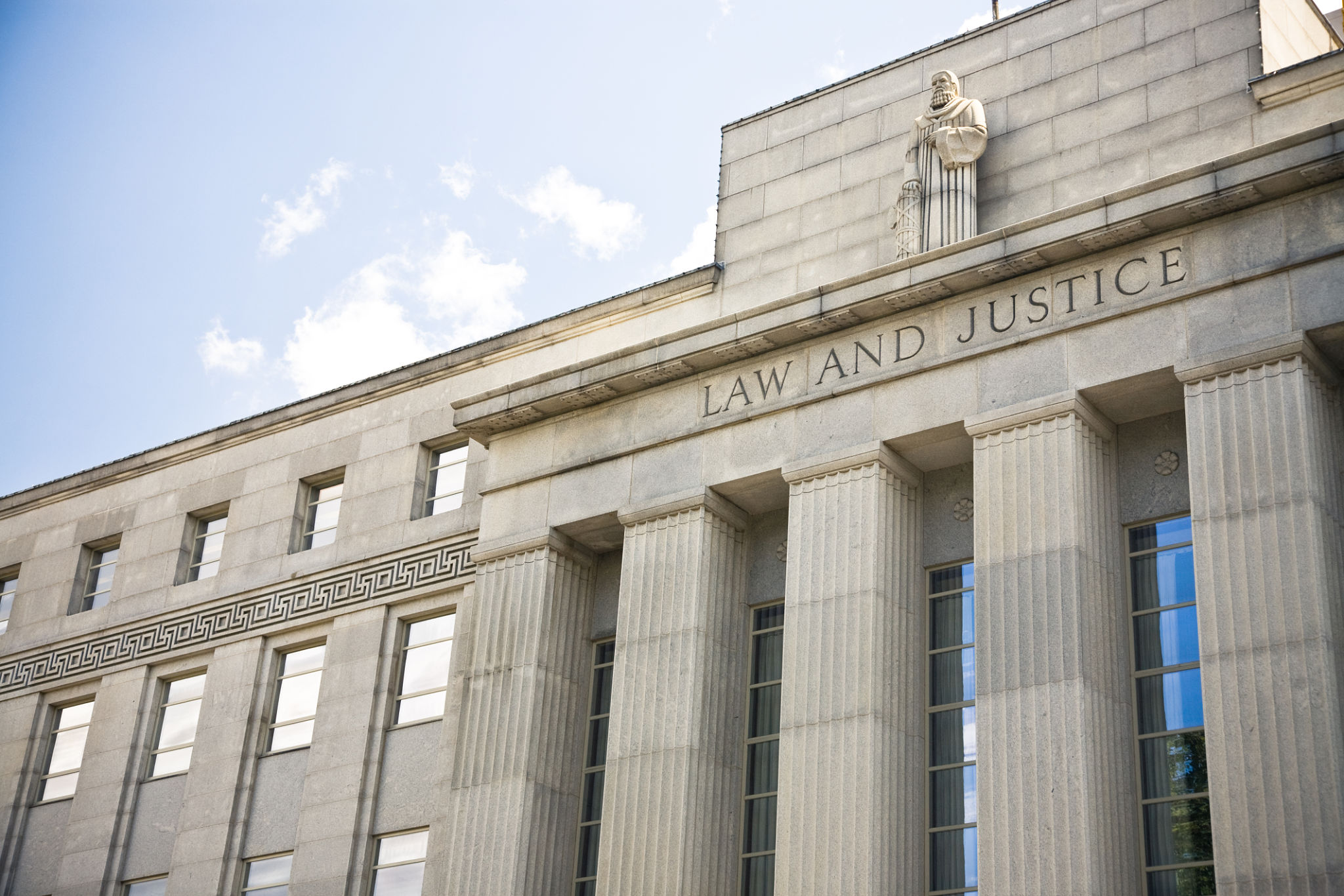The Role of Bail Bondsmen in the Justice System of North Carolina
RW
Understanding the Role of Bail Bondsmen
The justice system in North Carolina, like many other states, operates with a complex set of rules and procedures. Among the various roles within this system, bail bondsmen play a crucial part in ensuring that defendants can exercise their rights while awaiting trial. Understanding the function of bail bondsmen is essential for appreciating how the justice system balances fairness and accountability.
Bail acts as a financial guarantee that a defendant will appear in court for their trial. In many cases, defendants may not have the financial resources to pay the full bail amount set by the court. This is where bail bondsmen step in, providing a service that allows defendants to secure their release from custody by paying a percentage of the bail amount.

How Bail Bonds Work
When a person is arrested, the court typically sets a bail amount based on various factors, including the severity of the alleged crime and the defendant's criminal history. A bail bondsman provides a bond, essentially a promise to the court, covering this amount. The defendant’s family or friends usually pay a portion of the bail amount—typically around 10%—to the bondsman.
This arrangement allows defendants to leave custody until their court date, enabling them to prepare for their defense. In return, the bail bondsman assumes the risk and responsibility of ensuring that the defendant returns for their court appearance. Failure to appear can result in the bondsman hiring a bounty hunter to track down and return the defendant to custody.
The Legal Framework in North Carolina
In North Carolina, bail bonding is regulated by state law, ensuring that only licensed professionals can operate as bail bondsmen. This regulatory framework aims to protect defendants and their families from unethical practices while maintaining the integrity of the justice system. The North Carolina Department of Insurance oversees licensing, testing, and disciplinary actions related to bail bondsmen.

Bail bondsmen must adhere to strict guidelines, including maintaining appropriate financial reserves and completing continuing education courses. These requirements help ensure that they are well-equipped to handle the complexities of bail transactions and provide reliable services to those in need.
The Importance of Bail Bondsmen
Bail bondsmen serve as an important bridge between the judicial system and individuals accused of crimes. By providing access to bail, they help maintain the principle of "innocent until proven guilty," allowing defendants to remain free while their cases are adjudicated. This freedom often enables defendants to continue working and supporting their families during what can be a lengthy legal process.

Moreover, bail bondsmen help alleviate overcrowding in jails by facilitating the release of individuals who would otherwise remain in custody pending trial. This service not only benefits the defendants but also reduces the financial burden on taxpayers who fund local detention facilities.
Challenges and Considerations
Despite their critical role, bail bondsmen and the bail system, in general, face scrutiny and criticism. Concerns about fairness, transparency, and the potential for exploitation exist within the industry. Critics argue that reliance on financial resources for release can disproportionately affect those from lower-income backgrounds, leading to calls for reform.
In response, some jurisdictions are exploring alternatives such as risk assessment tools and pretrial services that do not rely on monetary conditions. These initiatives aim to ensure equitable treatment for all individuals within the justice system while still protecting public safety.
The Future of Bail Bondsmen in North Carolina
As discussions about criminal justice reform continue across the United States, the role of bail bondsmen may evolve. Potential changes could include adjustments to legal frameworks, increased oversight, or even shifts towards alternative systems for pretrial release. However, as long as monetary bail exists, bail bondsmen will remain an integral part of navigating the complexities of the justice system.
For now, understanding and appreciating their role helps ensure informed discussions about justice and fairness in North Carolina's legal landscape. This knowledge empowers citizens to engage with ongoing debates about how best to balance individual rights with community safety.